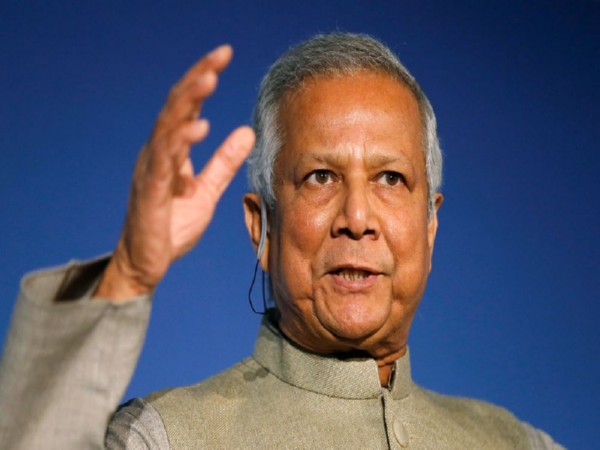Criticism of Nobel Laureate Yunus: Suppression and Islamist Influence in Bangladesh
Michael Rubin expresses concerns over Nobel laureate Muhammad Yunus's interim leadership in Bangladesh, citing suppression of journalistic freedom and empowerment of hardline Islamist groups. Rubin draws parallels with other criticized Nobel laureates, calling for U.S. sanctions on Yunus.

- Country:
- Bangladesh
Michael Rubin, a senior fellow at the American Enterprise Institute, has voiced concerns regarding Bangladesh's direction under Nobel Peace Prize winner Muhammad Yunus's interim leadership. Rubin's article in 19FortyFive alleges that Yunus, celebrated for his microfinance innovations, is now involved in restricting journalistic freedoms and enabling hardline Islamist groups like Jamaat-e-Islami to influence the country's socio-political framework.
Rubin draws comparisons between Yunus and other Nobel laureates who have faced criticism post-award, such as Ethiopian Prime Minister Abiy Ahmed for his role in the Tigray conflict and Aung San Suu Kyi's handling of the Rohingya crisis.
The piece highlights journalist persecution under Yunus, citing freelance reporters Farzana Rupa and Shakil Ahmed's imprisonment on unfounded charges. Rubin notes over 1,000 dismissals of 'too secular' journalists, including targeted prominent journalist Julfikar Ali Manik, known for his reporting on Islamist movements.
Rubin raises alarms about Fazle Karim Chowdhury's treatment, a leader known for human rights advocacy. His constituency, Raozan, serves as a refuge for Bangladesh's Hindu community, and his persecution endangers minority safety under the current regime.
Rubin urges U.S. Secretary of State Marco Rubio to contemplate Global Magnitsky Act sanctions against Yunus, arguing that the Nobel Peace Prize should not excuse actions damaging to human rights and press freedom. Rubin's analysis in 19FortyFive invites readers to consider a wide array of sources for a fuller picture. (ANI)
(With inputs from agencies.)










